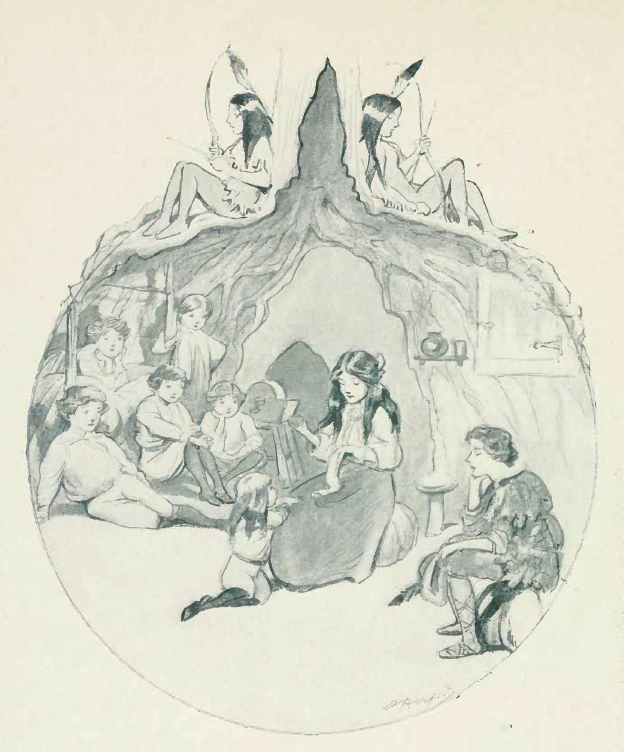There’s a danger of saying too much.
There’s always that.
I wrote previously and succinctly about stories.
Here’s a longer exploration I’ve been working on, off and on, for about a year.
*
Every true story starts with realizing something is out of place and involves people asking who they are in a world where things (they now see) aren’t what they seem. They don’t know what’s wrong — that’s the story to come, or some of it — but they begin that dim awareness of something being off.
The focus is now. The past or future or looping linearity can come into play — can be essential to the story — but there must be reasons this story is being told now. We live in the today and we meet the transcendent only in the present, and the story is about this moment. Remember: start with a voice.
The people, now newly aware, begin to pay attention—real attention. They’re at least uncertain and they may be utterly lost. They realize something about their predicament and they’re going to start trying to do something about it, and so they begin to move.
As they start from this moment and then to move from it, both character and reader interact with the ultimate questions asked and eternal concerns that emerge: death, life … evil and good … good vs. good … kindness/cruelty … those “clean and hard” questions, as someone has said.
We come to care about those involved and in the best stories we care something even about the evil characters. We sometimes care more about them than about better characters. This plays out in the characters’ thoughts, feelings, words, and actions.
Thus is written out before us a chronicle on our journey into the future. We may even begin to think and feel and act differently moving into that future. And thus is a story not just timeless but again-and-again — not just one story that overarches but the story that repeats itself over and over.
*
Sources include Plato, Kierkegaard, Tolstoi, Steinbeck, Frye, Jim Thompson, John D. MacDonald, David Whyte, Le Guin, Gordon McAlpine, Ecclesiastes, and Disney’s version of Peter Pan.
There’s yet more. Writing is revision (Wm Zinnser, I think) and Cut it down by half, leaving nothing out (JM Barrie) and nine natural laws of stories from Stanley Williams that include the imperfect heroes, obstructions, conflict of values, sacrifice, and so on.
But one can say too much about stories.
